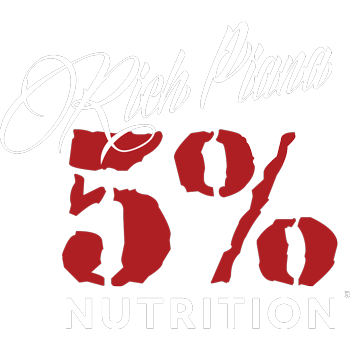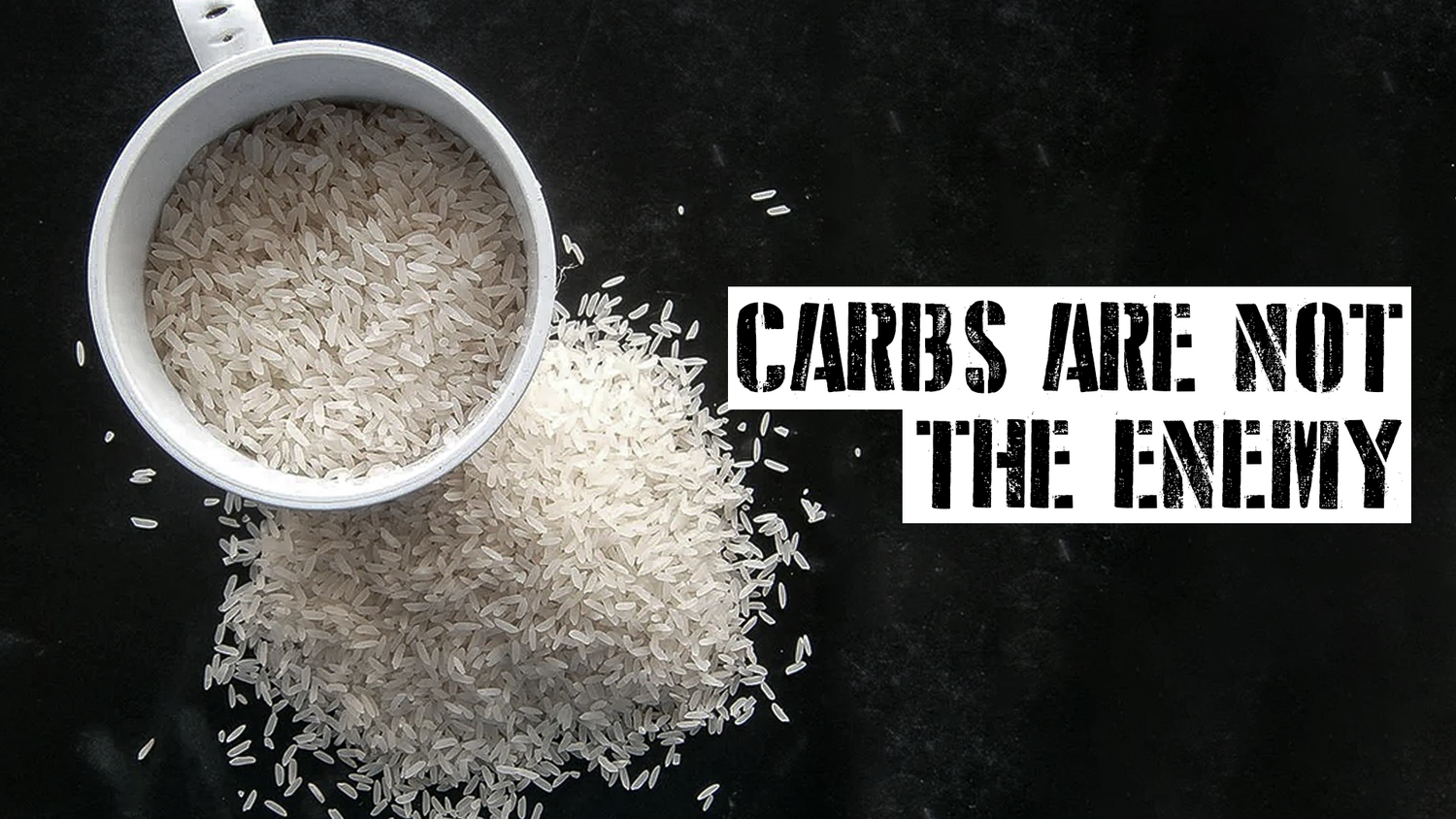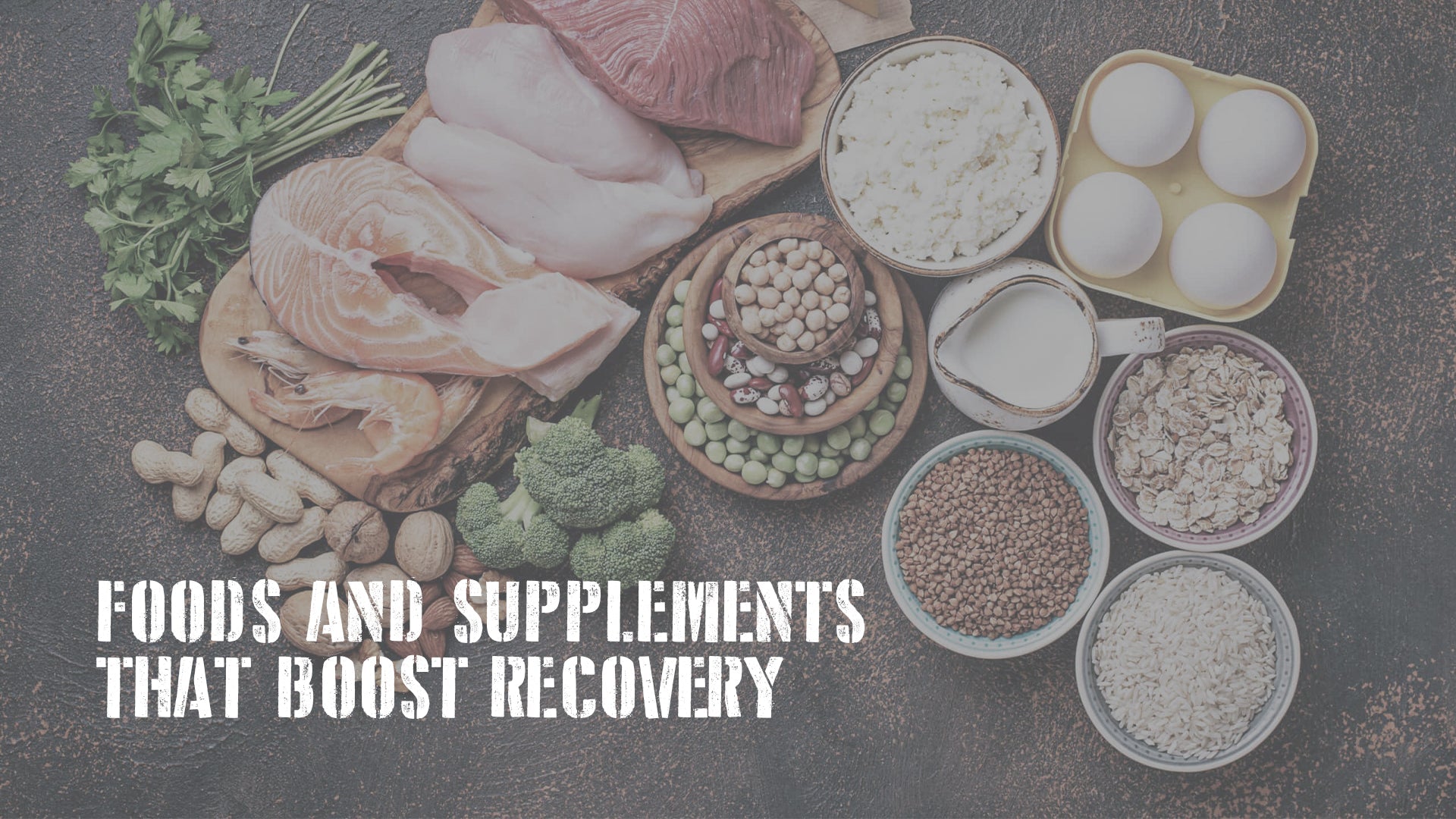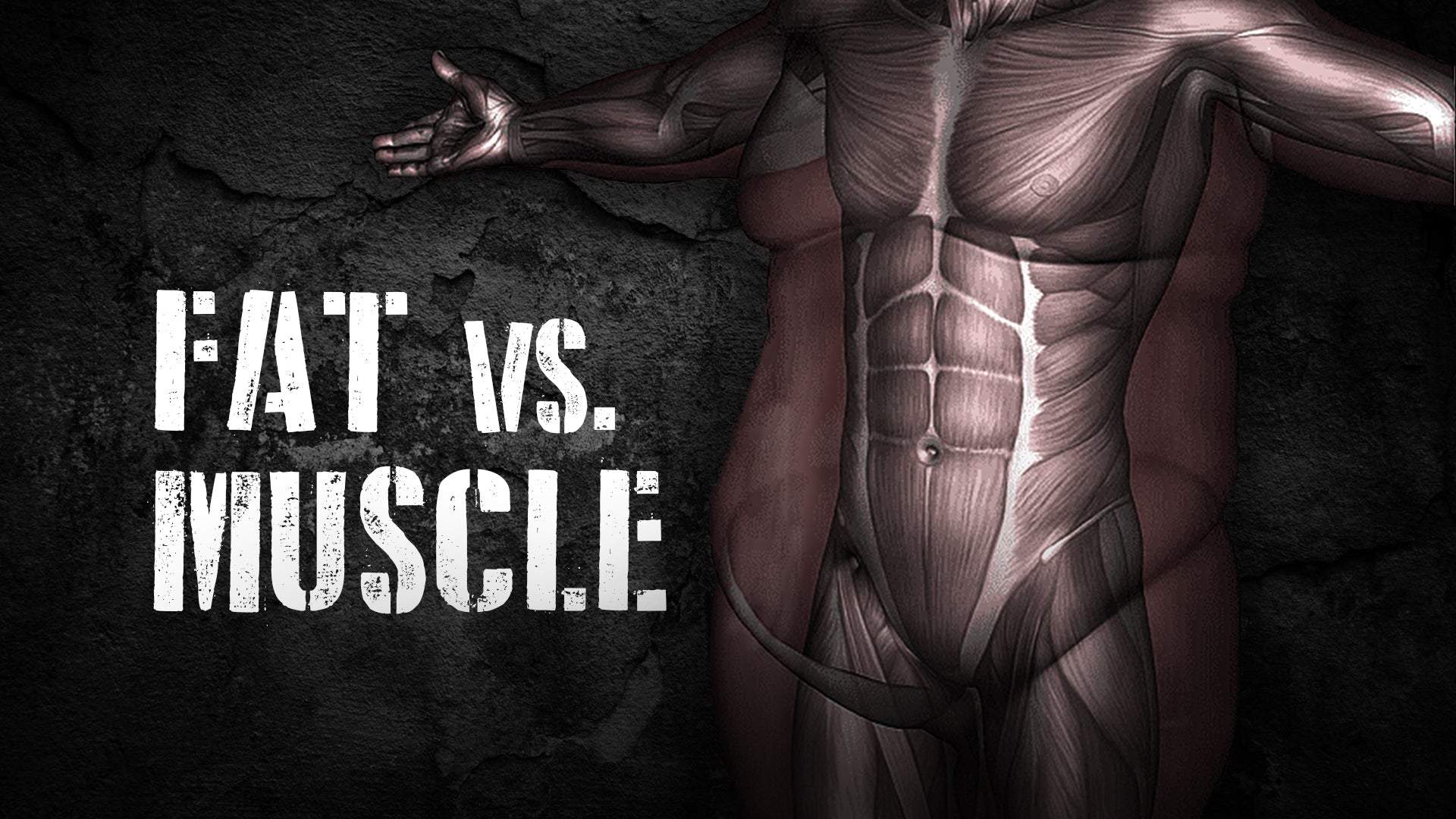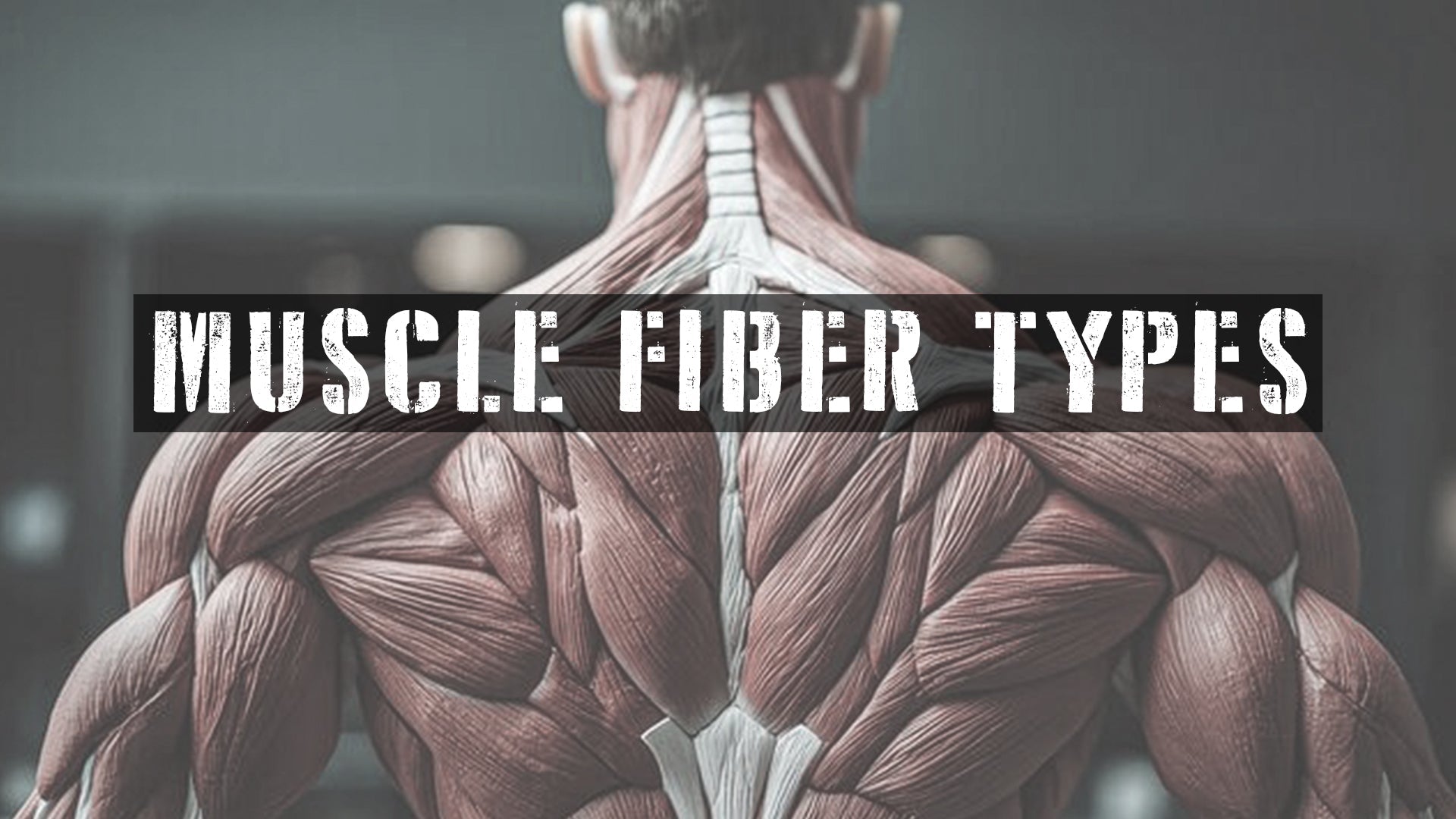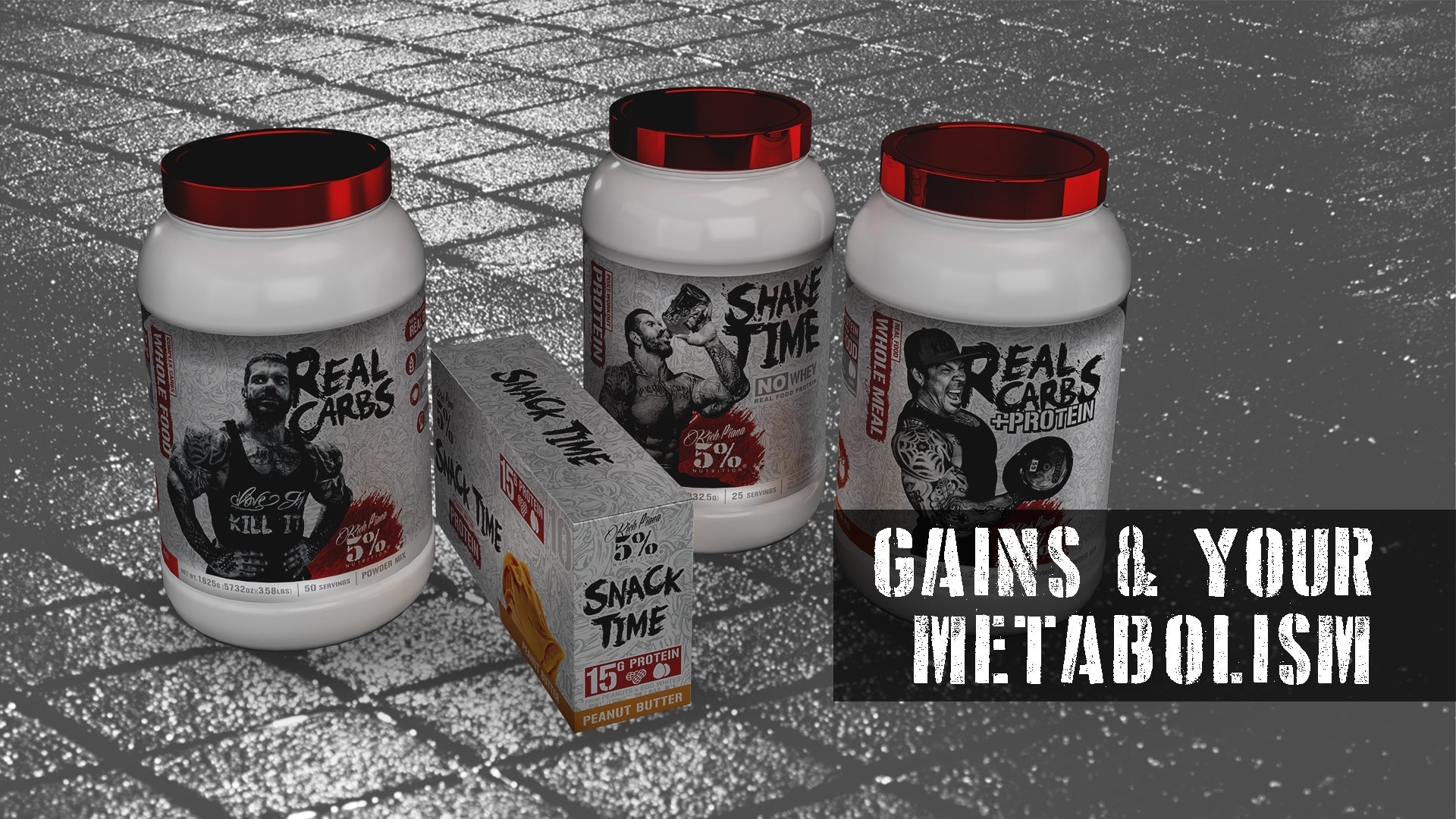For years, carbs have been looked at as evil. Avoid carbs at all costs - that’s been the hype. Sure, excess sugary, junk carbohydrates are something less than ideal. In fact, the abuse of junk, high-carb and high-fat “foods” have led to a lot of weight gain related problems. Still, quality carbs used properly have many positive benefits. We’re here to tell you that carbs are NOT the enemy!
Carbs Increase Energy
The most important role of carbohydrates is that they are your body’s primary energy source.
Here’s how it works.
The carbohydrates you eat are digested and then broken down into glucose before they enter the bloodstream. Also, glucose is the primary fuel for the brain, which uses about 120 grams per day. Glucose not used as brain fuel is shuttled into your body’s cells where it produces the energy molecule ATP. It does this through a metabolic pathway called cellular respiration.
Excess glucose is stored in the liver and muscles. This is called glycogen. The liver holds about 100 grams of glycogen, while the muscles hold up to 500 grams, based on the individual. Glycogen is released as needed into the bloodstream to provide energy in the form of ATP throughout the body. For example, ATP is the energy for your intense workouts. Glycogen also helps maintain normal levels of blood sugar between meals. Unlike glycogen in the liver, glycogen in your muscles is only used by the muscles. (1, 2)
Carbs Promote Muscle Fullness
For every gram of glycogen, at least 3 grams of water is stored along with it. This promotes muscle fullness. Limit carbs too much, and you will look flat. This is also why better pump products include ingredients that pull water into the muscles. For example, Full As F*ck, and all 5% pre-workouts, contain osmotic ingredients, such as creatine, betaine, glycerol, and taurine. (3)
Carbs Support Recovery
Carbohydrates support recovery by replenishing glycogen stores. Replacing what you used during the workout you just finished ensures you’ll have enough glycogen to produce sufficient ATP for your next workout.
Carbs Spare Protein
If glycogen levels become too low, your body signals your muscles to release protein to be used as energy. This is catabolic. That’s a major reason why eating enough carbs is critical. As long as the body has sufficient carbohydrates, protein is spared. (4)
It should also be mentioned that ingesting aminos, such as All Day You May, helps prevent muscle protein breakdown. Further, this is a function of glutamine. That’s a good reason to add Core L-Glutamine 5000 to your supplement program.
The Glycemic Index And Glycemic Load
Once your body has all the glucose it needs and your glycogen stores are full, any excess carbohydrates are stored as fat. For this reason, you should not only pay attention to your carbohydrate calories, but you should also eat mostly slow-burning complex carbs. Slow-burning carbs take a long time to digest. They do not cause insulin spikes, which trigger excess carbs to be stored as fat. This is one reason carbs are considered “the enemy”.
One way to ensure you’re taking in slow-burning carbs is to use the Glycemic Index. This measures the ability of a carbohydrate food to increase blood sugar levels. The GI is based on the rating for glucose, which rates 100. The lower the rating, the slower the carbohydrate food digests. A score of 55 or less is considered low glycemic.
If you want a complete picture of the effects of carbs on blood sugar, you should also look at the Glycemic Load. Therefore, we have the Glycemic Index, which shows how a carbohydrate food affects blood sugar, and the Glycemic Load, which looks at both the carbohydrate food and the serving size. (5)
A key point is to eat most of your simple, or fast-burning, carbs in the hours around your workout. Eat simple carbs a couple of hours before you head to the gym. The key here is to allow enough time for these carbs to digest before you take your favorite 5% pre-workout.
Also, you can use Real Carbs or Real Carbs Rice before your workout, and again after your workout. These products use real food sources of complex carbohydrates. Of course, either use Real Carbs + Protein or add Shake Time or Egg White Crystals to your post-workout shake.
Recap
Carbs are NOT the enemy, despite what you’ve been led to believe. The intelligent use of carbohydrates provides quite a few benefits. It’s when you abuse carbs, specifically sugary carbs, that problems begin. Choose complex carbs first, don’t abuse them, and take advantage of 5% Nutrition’s Real Carbs products, muscle-preservation aminos, and cell-volumizing pre-workouts.
References:
- Elia, M., Folmer, P., Schlatmann, A., Goren, A., & Austin, S. (1988). Carbohydrate, fat, and protein metabolism in muscle and in the whole body after mixed meal ingestion. Metabolism: clinical and experimental, 37(6), 542–551. https://doi.org/10.1016/0026-0495(88)90169-2
- Jensen, J., Rustad, P. I., Kolnes, A. J., & Lai, Y. C. (2011). The role of skeletal muscle glycogen breakdown for regulation of insulin sensitivity by exercise. Frontiers in physiology, 2, 112. https://doi.org/10.3389/fphys.2011.00112
- Fernández-Elías, V. E., Ortega, J. F., Nelson, R. K., & Mora-Rodriguez, R. (2015). Relationship between muscle water and glycogen recovery after prolonged exercise in the heat in humans. European journal of applied physiology, 115(9), 1919–1926. https://doi.org/10.1007/s00421-015-3175-z
- Bob Murray, Christine Rosenbloom, Fundamentals of glycogen metabolism for coaches and athletes, Nutrition Reviews, Volume 76, Issue 4, April 2018, Pages 243–259, https://doi.org/10.1093/nutrit/nuy001
- Glycemic Index Chart - Glycemic Index (glycemic-index.org)
